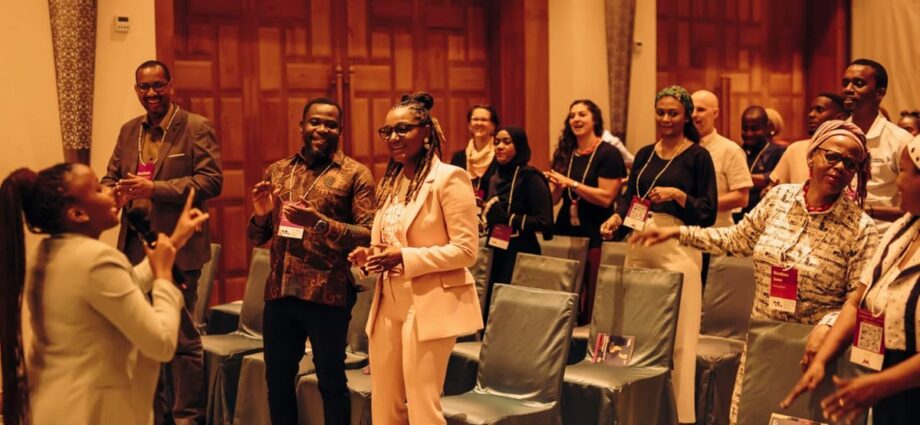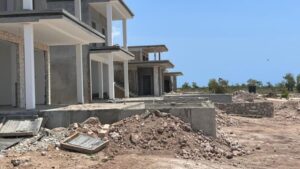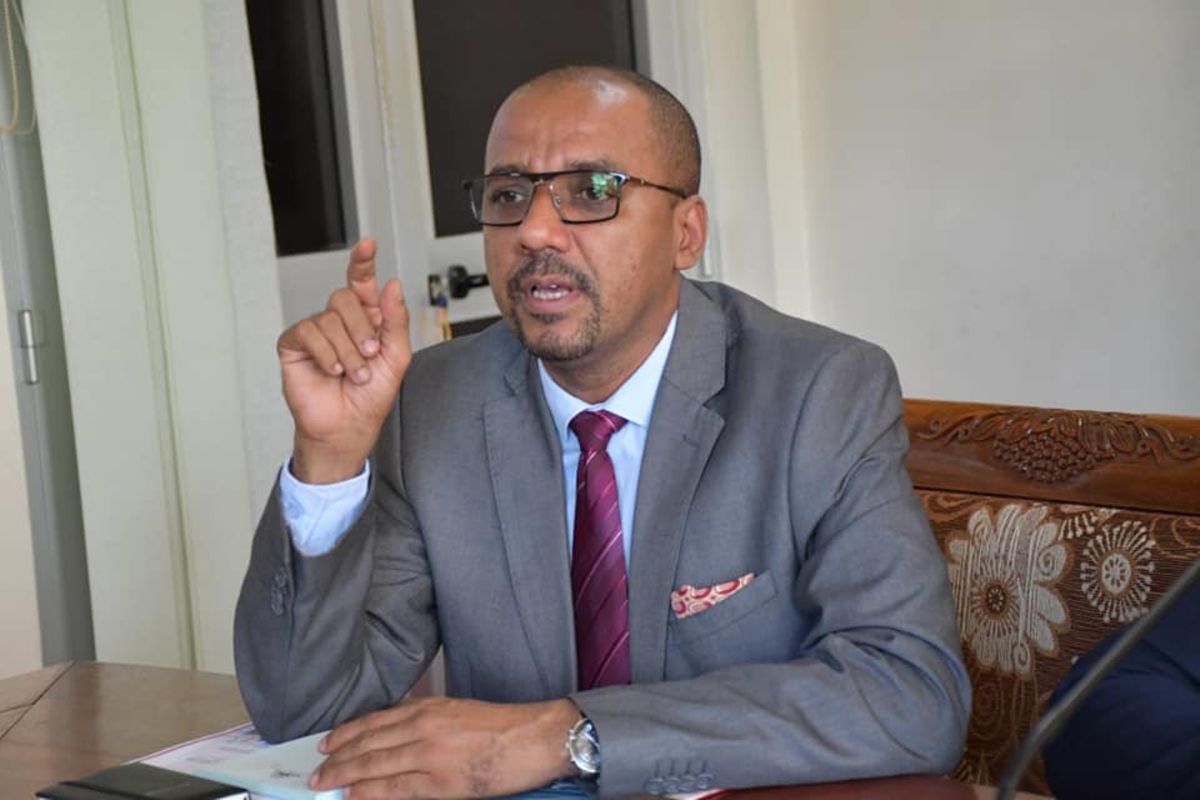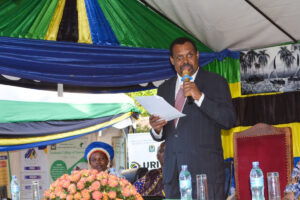Unguja. The inaugural Zanzibar Global Health Film Festival concluded over the weekend, leaving a lasting impression on its participants and showcasing the immense power of storytelling in driving collective action.
Organised by Wajamama, a movement dedicated to enhancing the holistic well-being of communities in Zanzibar—and Global Health Film, an organization committed to fostering understanding and empathy through film, this first-of-its-kind event brought together policymakers, grassroots organizations, visionaries, and funders from around the world.
It demonstrated that when diverse and passionate minds meet, true progress can be made.
The festival transcended geography, reminding attendees that struggles are deeply interconnected, regardless of where they live or their individual experiences.
Although the films screened were not from Zanzibar, they resonated profoundly with local audiences. The shared experiences and challenges depicted highlighted the necessity of collective action to overcome common obstacles.
Critical health issues addressed included mental health, aging, gender-based violence, and climate change, revealing the universality of these struggles.
For example one film detailed Australia’s alarming suicide rates, contrasting sharply with the narrative that Africa alone faces the most significant hardships.
The perspective shift was eye-opening for many, illustrating that health struggles can be universal. Through the shared stories, the festival fostered empathy and inspired participants to think about health and social justice on a global scale.
“The Global Health Film Festival was exactly what we need in Zanzibar: a platform where communities can discuss more than just physical health. This year’s debut featured films on mental health, an area where many are unfamiliar but affects so many of us on the Isles. It is great to see that we can now honestly and openly have these discussions,” said Ms. Fatma Khamis, Principal Secretary of the Ministry of Trade & Industrial Development.
A significant aspect of the event was the participation of film directors, who joined discussions virtually via Zoom.
This allowed viewers to gain insights into the stories and motivations behind the films. A standout moment occurred during the screening of ‘I Am Belmaya’, which tells the powerful story of a young Nepali woman fighting for her and her daughter’s rights through filmmaking.
The Zanzibar Global Health Film Festival also addressed a common challenge faced by grassroots organizations across Africa—limited access to international forums.
Many changemakers cannot attend global health conferences due to logistical and financial barriers. By bringing the world to Zanzibar, the festival created an accessible space for those often excluded from vital global conversations.
The film screenings, panel discussions, and networking opportunitiesbrought collective healing moments. Participants reflected on their struggles and those faced by their communities, finding solidarity in shared challenges.
For many grassroots organizations and visionaries, it can be isolating to work tirelessly without recognition or support.
However, at the festival, attendees discovered a community that understood their challenges, reinforcing the notion that no global health struggle is faced in isolation.
The festival created a space for connection, collaboration, and the potential to establish Zanzibar as a hub for well-being and global discourse.
“The inaugural Global Health Film Festival 2024 has been a groundbreaking event, revolutionising the film industry in Zanzibar and beyond by providing a platform for critical discussions and laying the groundwork for future socio-economic transformations.
This festival has opened up new avenues for addressing contemporary challenges, fostering innovative approaches to confronting the realities of change,” stated Dr. Mohammed Makame, Vice Chancellor of the State University in Zanzibar.
Panel discussions were a highlight of the festival, offered attendees the chance to engage with the films on a deeper level.
Filmmakers, health experts, activists, and policymakers reflected on the themes within the films, providing context from their own experiences.
The discussions were both theoretical and practical, addressing real and complex issues in global health. Attendees appreciated the opportunity to interact with panelists who have been on the front lines of global health battles, fostering understanding and inspiring new approaches to tackle similar challenges in their own communities.
While the festival showcased notable short films made by Tanzanians, including animation by TAI Impact during the pre-festival event, attendees expressed a desire to see more local stories.
Some questioned the absence of films from Zanzibar, highlighting the importance of showcasing local talent in a space often dominated by narratives that depict the African continent as one in need of saving.
The festival took a different approach, allowing audience members to witness global health issues from various perspectives while demonstrating the universality of struggles.
For instance, the film ‘Live Till I Die’ showcased vibrant, fulfilling lives led by elderly people in Sweden. This portrayal served as a reminder that life continues at any age, offering an eye-opening perspective for many in Zanzibar, where access to such portrayals is rare.
The inaugural Zanzibar Global Health Film Festival was an inspiring and unifying event. More than a showcase of films, it was a journey that exposed local and global audiences to diverse ways of living, underscoring the importance of global solidarity in addressing health challenges.
Wajamama is set to host the next Global Health Film Festival from August 28-31, 2025. The festival aims to continue sparking dialogue on global health issues and driving change.
Organizers hope to showcase more local talent to highlight excellence within Zanzibar and the broader African continent, challenging the disempowering narratives often associated with African struggles.















